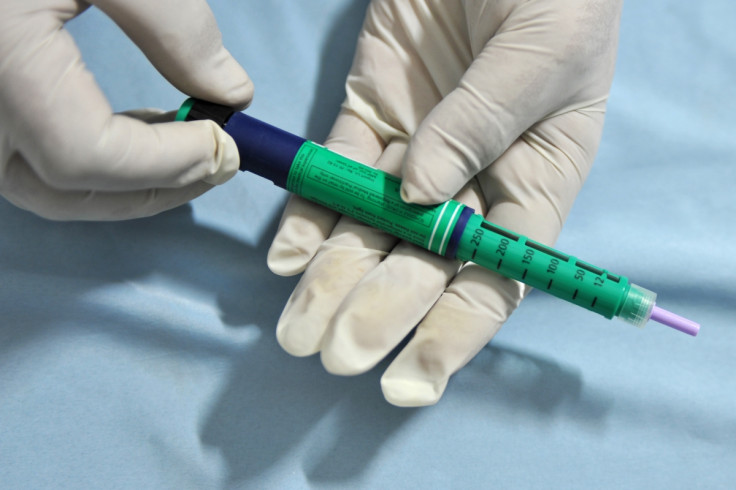World Diabetes Day 2015: Everything you need to know about the condition affecting millions

There are 3.9 million people living with diabetes in the UK and an estimated 387 million adults with the condition around the world, but many more people with diabetes live undiagnosed. What is diabetes and what causes it?
What is diabetes?
Diabetes is a lifelong condition that causes a person's blood sugar level to become too high. Although diabetes is a group of metabolic diseases, there are two main types – type 1 and type 2. High blood sugar causes frequent urination, thirst and hunger. Untreated, it can cause severe complications such as heart disease, stroke, kidney failure and damage to the eyes.
The amount of sugar in the blood is controlled by insulin, a hormone produced by the pancreas. When food is digested and enters the bloodstream, insulin moves glucose out of the blood and into cells, where it is broken down to produce energy.
In people with diabetes, the body is unable to break down glucose into energy – either because there is not enough insulin or the insulin produced does not work properly.
In type 1 diabetes, also known as insulin-dependent diabetes, the body's immune system attacks and destroys the cells that produce insulin. The body's organs can be seriously damaged as glucose levels increase, as no insulin is produced.
Type 2 diabetes is diagnosed when the body does not produce enough insulin, or the body's cells do not react to it, which is also known as insulin resistance. It may be possible to control type 2 diabetes with a healthy diet, regular exercise and monitoring your glucose levels. It is a progressive condition, however, so eventually someone with type 2 diabetes may need to take medication.
How many people are affected?
There are 3.9 million people living with diabetes in Britain, meaning more than one in 16 people have the condition, whether diagnosed or undiagnosed. Around 700 people a day are diagnosed with diabetes.
Worldwide, around 387 million adults aged between 20 and 79 have diabetes, a number that is expected to rise to 592 million by 2035. In 2013, the International Diabetes Federation (IDF) estimated five countries have more than 10 million people with the condition: US, China, India, Brazil and Russia.
Can lifestyle changes affect diabetes?
Being active and eating a balanced diet of fruit, vegetables, starchy foods, non-dairy sources of protein and dairy can be beneficial to both controlling and preventing both type 1 and type 2 diabetes.
According to Diabetes UK, however, the same eating pattern is recommended for everyone – trying to eat foods low in salt, fat and sugar.
Lifestyle changes are often advised for those with a high risk of diabetes and those who have been recently diagnosed with type 2. Recommendations include taking two-and-a-half hours each week of moderate physical activity, while losing weight to achieve a healthy body mass index.
World Diabetes Day is observed on 14 November.
© Copyright IBTimes 2025. All rights reserved.





















